Reinstated Lawsuit Could Bankrupt Bank of America and Other Major Banks
Judges warn that a lawsuit accusing 16 major banks of colluding to manipulate interest rates could bankrupt the institutions responsible for the crash that debilitated the global economy in 2008.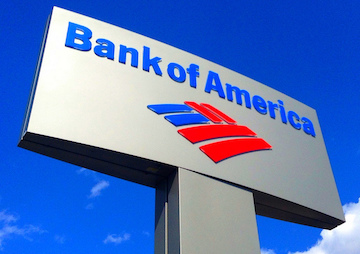 Mike Mozart / CC-BY-2.0
Mike Mozart / CC-BY-2.0
Judges warn that a lawsuit accusing 16 major banks of colluding to manipulate interest rates could bankrupt the institutions responsible for debilitating the global economy in 2008, including Bank of America, Barclays, UBS and HSBC.
The Guardian reports:
A lower court judge erred in dismissing the antitrust portion of private litigation against Barclays, Bank of America, Deutsche Bank, HSBC, UBS and others on the ground that the investors failed to allege harm to competition, according to the US circuit court of appeals in Manhattan.
Libor, or the London interbank offered rate, underpins hundreds of trillions of dollars of transactions and is used to set rates on credit cards, student loans and mortgages. It is calculated based on submissions by banks that sit on panels.
In litigation that began in 2011, investors accused big banks of suppressing Libor during the financial crisis in order to boost earnings or make their finances appear healthier.
Back in early 2013, Manhattan federal district court judge Naomi Reice Buchwald dismissed the claims filed by private plaintiffs. According to her 161-page decision, the banks did not violate antitrust laws when they colluded to manipulate the Libor benchmark interest rate and that the plaintiffs failed to prove harm from such collusion. …
The three-judge appellate court panel disagreed with her decision.
“Appellants sustained their burden of showing injury by alleging that they paid artificially fixed higher prices,” Judge Dennis Jacobs wrote on behalf of the panel. …
They also warned of dire consequences should the case be proven against the banks. If the court were to rule in favor of the plaintiffs, they would be eligible to receive triple damages and attorneys’ fees for any violations.
“Requiring the banks to pay treble damages to every plaintiff who ended up on the wrong side of an independent Libor-denominated derivative swap would, if appellants’ allegations were proved at trial, not only bankrupt 16 of the world’s most important financial institutions, but also vastly extend the potential scope of antitrust liability in myriad markets where derivative instruments have proliferated,” the US court of appeals in New York said in the ruling issued on Monday.
—Posted by Alexander Reed Kelly.
Your support matters…Independent journalism is under threat and overshadowed by heavily funded mainstream media.
You can help level the playing field. Become a member.
Your tax-deductible contribution keeps us digging beneath the headlines to give you thought-provoking, investigative reporting and analysis that unearths what's really happening- without compromise.
Give today to support our courageous, independent journalists.
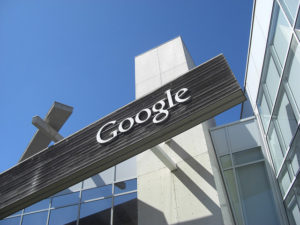
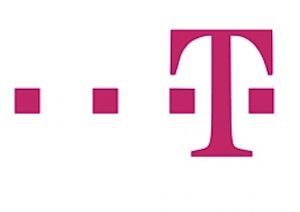


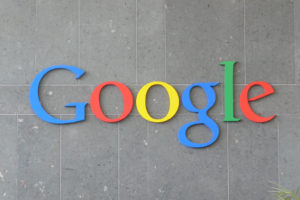
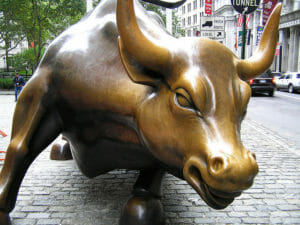
You need to be a supporter to comment.
There are currently no responses to this article.
Be the first to respond.